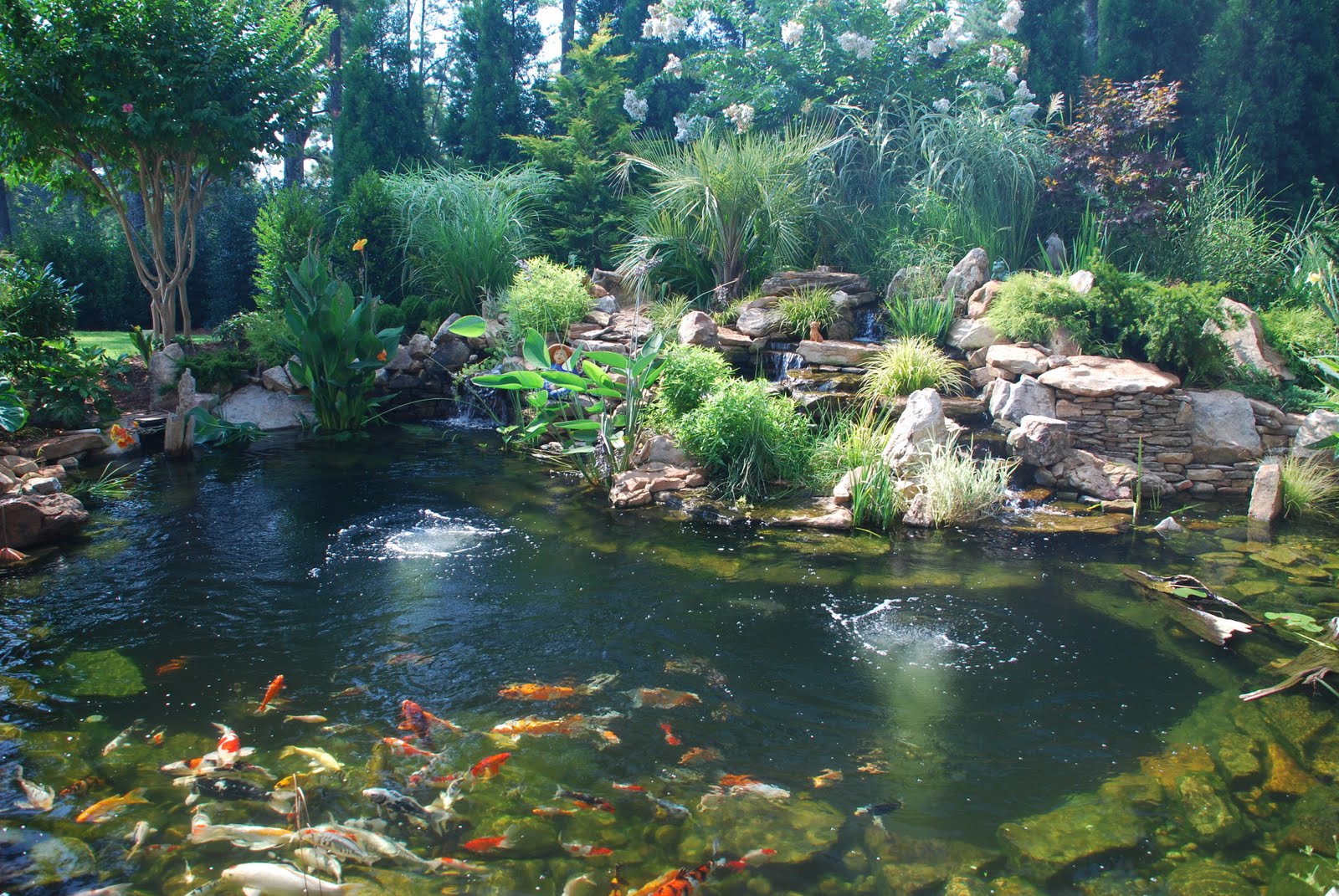
The Ultimate Guide to Keeping Guppies in Your Koi Pond
Introduction
Koi ponds are a beautiful addition to any garden. With their bright and colorful fish, they bring life to the space they occupy. But did you know that you can also keep guppies in your koi pond?
Guppies are tiny, colorful fish that are easy to care for and add variety to your aquatic life. In this article, we will discuss all the important things you need to know to keep guppies in your koi pond.
What are Guppies?
Guppies are a species of freshwater fish that are native to South America. They are known for their vibrant colors and are a popular choice for aquariums.
Advantages of Keeping Guppies in Your Koi Pond
- Guppies are a perfect addition to a koi pond as they are small and non-aggressive. They can coexist peacefully with other fish species without any issues.
- Guppies are hardy fish and can adapt to various living conditions, which makes them easy to care for. They are known to eat algae, which helps to keep your pond clean.
- Guppies can breed quickly, which means you will have a steady supply of new fish to keep your pond looking vibrant and diverse.
- Guppies are commonly used as feeder fish, which makes them an affordable option compared to other ornamental fish.
How to Care for Guppies in Your Koi Pond?
Here are some steps that you can follow to care for guppies in your koi pond.
1. Water Quality
The first step to keeping healthy guppies in your koi pond is to maintain the water quality. The pH level should be between 6.7 to 8.5 and the temperature should be between 72-82 degrees F. You can also use water testing kits to ensure that the water quality is optimal for your fish.
2. Feeding
Guppies can eat a variety of food items, including flakes, pellets, live food, and frozen food. It’s important to feed them in small quantities multiple times a day. Overfeeding can cause digestive problems in guppies.
3. Tank Size
Guppies can be kept in a pond of any size, but it is recommended to have a minimum of 10 gallons of water for every 10 guppies. Overcrowding can lead to health problems in fish.
4. Plants and Hiding Spots
Guppies are social fish and love to have hiding spots and plants in their environment. Rocks, caves, and plants can provide them with a sense of security. These items can also help to create a natural ecosystem in your koi pond.
Common Health Problems in Guppies
Guppies are generally healthy fish, but they can suffer from different health issues if their environment is not suitable for them. Here are some common health problems and their treatments.
1. Fin Rot
Fin rot is a bacterial infection that can be caused by poor water quality or injuries. The affected fish’s fins will become ragged and frayed. Treating fin rot requires improving the water quality and using medications, such as aquarium salt, antibacterial medications, or tea tree oil.
2. Parasites
Guppies can suffer from parasitic infections caused by flukes, worms, or protozoans. Symptoms include itching, flashing, and shaking. Treating parasites involves using medications, such as praziquantel, levamisole, or metronidazole.
3. Swim Bladder Disease
Swim bladder disease is a common condition in guppies that causes them to have trouble swimming or staying afloat. It can be caused by overfeeding or constipation. Treating swim bladder disease involves fasting the fish for a few days and using medications, such as Epsom salt baths or antibiotics.
Conclusion
Guppies are a fantastic addition to any koi pond. Not only are they beautiful, but they also provide several benefits to your aquatic life. By following the steps mentioned above, you can keep your guppies healthy and happy in their new environment. Always remember to keep a close eye on their health and make changes to their living conditions as necessary. Happy fishkeeping!





